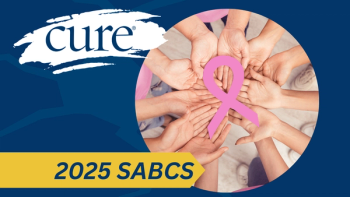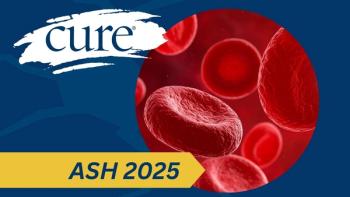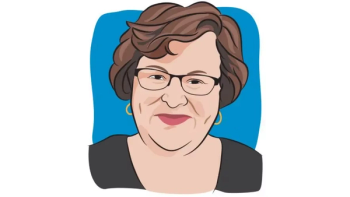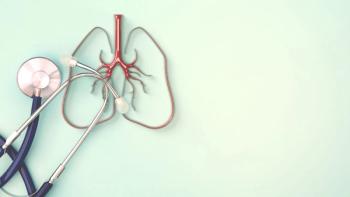
Cancer: The Impact of a Diagnosis
Looking back on a cancer diagnosis years later
This one summer years ago, my life changed forever. Somebody that I loved was diagnosed with cancer. It happened pretty much the same way that I now know most people come upon their diagnosis — with many signs and symptoms, but as a surprise nonetheless.
In what seemed like the blink of an eye, an ER visit turned into a constant waking nightmare. On July 11, 2011, all the whispers stopped and my sister officially became a cancer patient. It was just a few days later that I would begin to be the one always by her side. The person formally known as her sister, is now known as her caregiver.
My sister had stage 4 cancer and she has struggled mightily at every point of her journey. She was young and considered to have a treatable form of cancer. Though that seemed to matter little to what unfolded. As strange as it may seem, talking about cancer wasn’t always easy for me. When I spoke or wrote about cancer, I did not feel that it was my right to do so.
She was the one who laid in so many hospital beds and faced nearly every complication to every treatment that she endured. She was the one who faced losing her life at 27. The one who was called “patient” and the one with scars on her body from blood draws and surgeries. The one who lay for many more PET/CT scans than I may have had the patience for. Although I was there, she was the one who had cancer — not me. I was simply the caregiver.
I went to nearly every chemo treatment that she had. I gave her shots, made her meals and arranged transportation. I accompanied her to the ER so many times that somewhere around 80 I finally stopped counting. At the end of this all, she is the one who survived cancer and I have slowly tried to return to as normal of a life as possible after all that has happened.
My role as a caregiver was never supposed to be. When she was diagnosed, I was just a sister who cared, and somewhere along the way that changed to caregiver and eventually to her power of attorney. As temporary as I thought the situation would be, it is something that has forever altered my identity.
Through all that happened, I have done many different jobs and held many different titles. I’ve been the young woman people were in awe of because of time and commitment devoted to my sister. I’ve been the press agent to release news when both good and bad things happened. I’ve been the pharmacist, scheduler, secretary and so much more.
And while I don’t know how it feels to have cancer, I can tell you all about it. I can tell you what it’s like to watch a biopsy take place; the pain in her eyes as they screwed a needle deep in her spine; and the horrifying look on her face when they said there were no options left. I don’t know what it’d be like to die from a disease like cancer, but I can tell you what it feels like to wonder about spending the rest of my life without one of my sisters.
Cancer was never in my body. But it invaded my life, my reality, my mind and all that was my world for nearly three years. In a lot of ways, it continues to do so regardless of the fact that she is now in remission. The hardest part of dealing with cancer is that you are helpless to change any of it. So, as I reflect on that one day, three years ago when somebody that I loved was diagnosed with cancer I now fully understand how much that moment forever changed me too.




